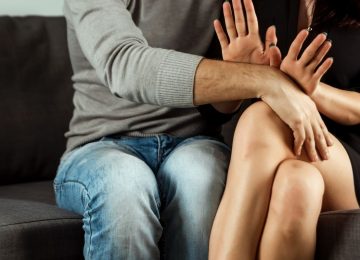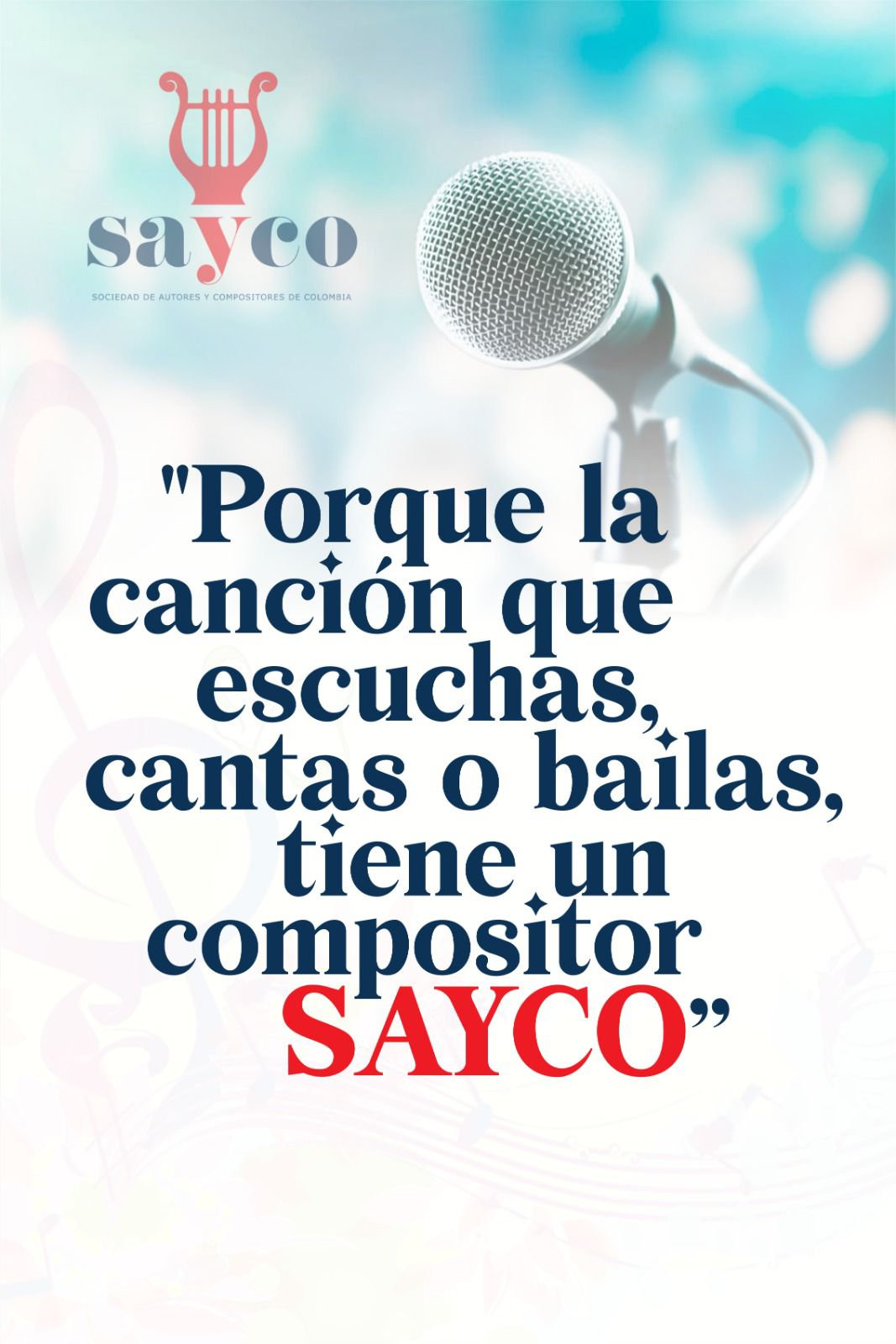In Barranquilla, the cases of violence have increased during the quarantine and among the main reasons; unemployment is a remarkable one. The difficult economic situation has triggered an increase in complaints about food shortages, in which couples are unable to reconcile, generating aggression and other family conflicts.
That is why I spoke with the officials of the Comisaría Primera de Familia, Diana Acuña Wayner, legal advisor and Mirleth Sarmiento Escalante, psychologist.
Diana says: “The role of the precincts is to guide the families. Acts of violence have been going on and since the situation has become pretty much of an every-day-thing, people have normalized it. During the confinement the cases of child abuse increased, many parents lost their patience explaining tasks; there is a lack of love, patience and care”.
She affirms that domestic violence is experienced by all strata, what happens is that some people hide it, or disguise it. For that reason, she explains that the precincts do their best to make a change, informing through social networks, virtually and, if the situation requires it, in person.
“The average number of cases we receive is seven cases a day. This confinement has been difficult, because they are spending more time together, both the victim and the aggressor,” assures the lawyer Acuña.
She adds that there are also times of violence, for example, carnivals or special dates such as Mother’s Day; at Christmas’ time the cases go down, but in January the complaints come back.
The Comisaría Primera has an interdisciplinary team in charge of filtering the process. In this case, the psychologist and the social worker are in charge because these are not always cases of serious violence, sometimes they are minor partners’ conflicts so the officials provide family orientation. When serious violence with aggressions is typified, the case is referred to Medicina Legal for a trial.
The precinct decrees a provisional protection measure, which is to safeguard the victim. It is ruled that the nearest police station must be aware of it. However, the woman is sometimes blamed for the situation and revictimized. The victim must file this protective measure with the nearest Police Central Command (Comando Central de la Policía) or CAI to make it valid.
Another factor
Mental health in this quarantine has also been another determining factor in the cases of violence as psychologist Mirleth explains: “It has been a challenge for all of us as citizens, as family to face this situation, as civil servants, working from home, in any area our mental health has been affected”.
The official explains the importance of social interaction, because some people do not know how to deal with their emotions and children are also victims, being part of this scourge. The saddest thing is that the main victimizers of children are their own parents.
And with so much violent acts going on, what can we do to change? The psychologist explains: “The pattern of violence generates violence. That’s why an abused child has no future, they are people who do not finish their projects, do not have a good job performance and who are going to repeat the history of violence with their partner and with their children”.

The victim should not be the only one receiving psychological, the aggressor needs it too.
The official expresses that the legal system has shortcomings and in its eagerness to protect the victim it forgets the aggressor. “The aggressor is in a bad state and must be cured in order to prevent them from attacking other people, because if the aggressor doesn’t change, they will look for more victims”.
Here, she describes how the stages of the cycle of violence are:
Stage of Tension: The victims experience psychological and verbal violence, the family tries not to make the aggressor feel uncomfortable. It is like walking on eggshells.
Stage of the Beat: The victim is assaulted, beaten and can not take it anymore and files a complaint.
Honeymoon Stage: The aggressor asks for forgiveness, says that they will not do it again, that they will not drink or use drugs. The victim withdraws the complaint or leaves the house. The aggressor insists with gifts and manipulation and is forgiven, and then the victim returns to the house until the tension begins and the cycle repeats.
That is why Mirleth says it is never too late to make a difference and suggests these recommendations that can break paradigms:
-Promote good treatment from home.
-Know how to communicate and listen.
-Manage of emotions. Sometimes we arrive home tired from work and think we have the right to say things reluctantly, but we do not know how the person who stayed all day in the house is doing.
-We think about ourselves a lot, but we do not think about others.
-Encourage eating together at the table.
–Have family meetings one day a week (watch movies, play board games, etc.).
-Meet spontaneously as a couple.
-Involve the children so they can be part of the construction of the norms and rules of the home.
Remember that violence begins at home and it is time to educate with love, patience and tolerance. You are on time!
Traducción del español: Catalina Oviedo Brugés.














